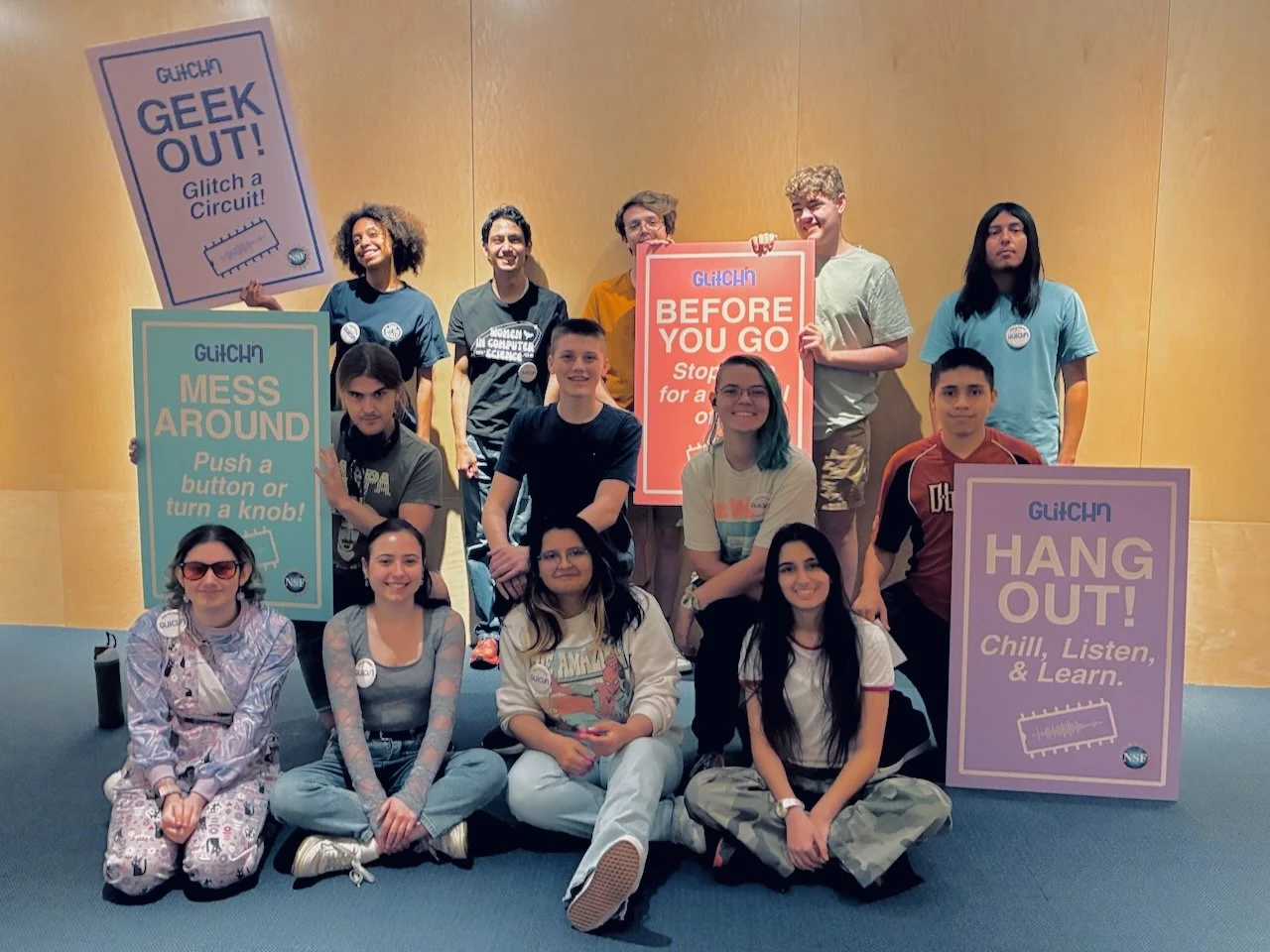Scenes from our public pop-up event at Burton Barr Central Library, Phoenix, AZ, July 19, 2025.
Community Tech Research and Leadership
The CTRL Internship
Students who complete the week-long Glitch’n course become eligible for CTRL, a mini-internship where they co-host pop-up events with the teaching and research team.
A fresh model for public science
Collaborative, embodied, and nonlinear — designed for access and creativity.
From 60 participants in our June 2025 courses, 14 were selected as CTRL interns to co-lead three July events featuring trainings, discussions, reflections, and public engagement at the Burton Barr Central Library in Phoenix, Arizona. Through multiple iterations, CTRL implemented key refinements to Glitch’n public science events, including improved traffic flow, updated learning materials, and engagement strategies.
Inaugural CTRL Interns, July 2025
A HOMAGO-infused Internship
We extend the HOMAGO framework beyond research by using it as a physical spatial scaffold. This zoning supports CTRL participants in navigating engagement levels, assessing zone flow, identifying improvements, and reflecting on how design shapes participation.
Hanging Out - observational involvement
Messing Around - hands‑on demos
Geeking Out - assisted circuit building


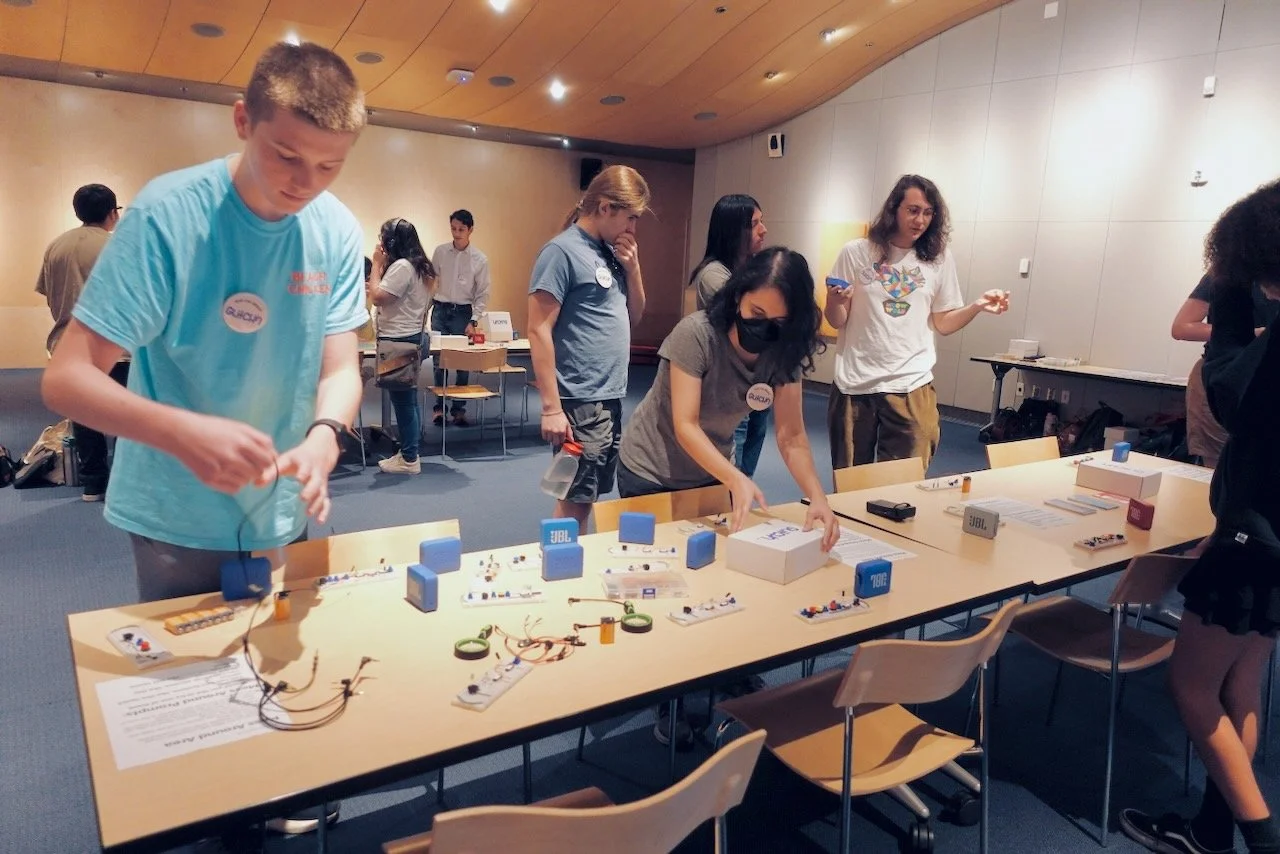
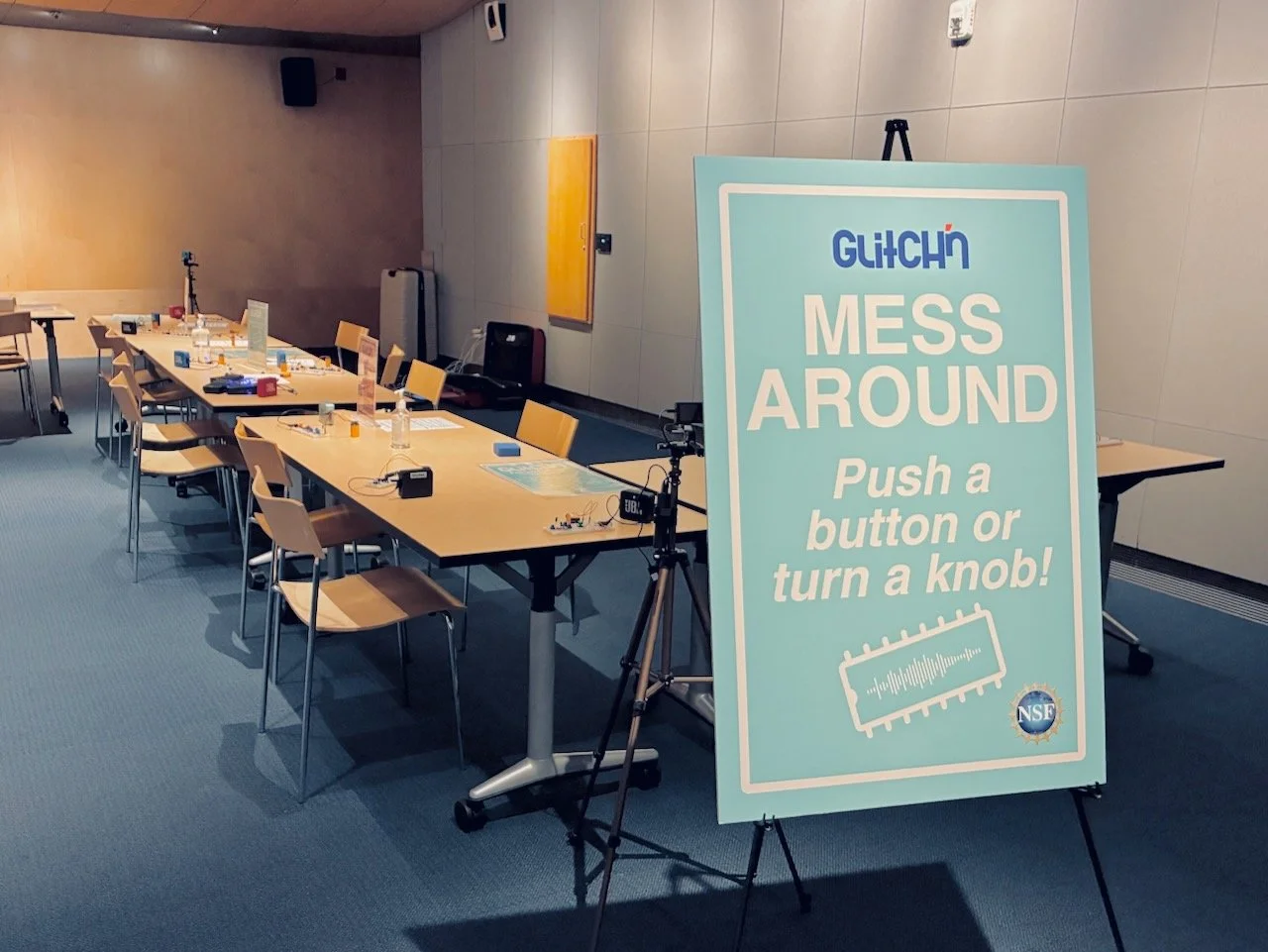

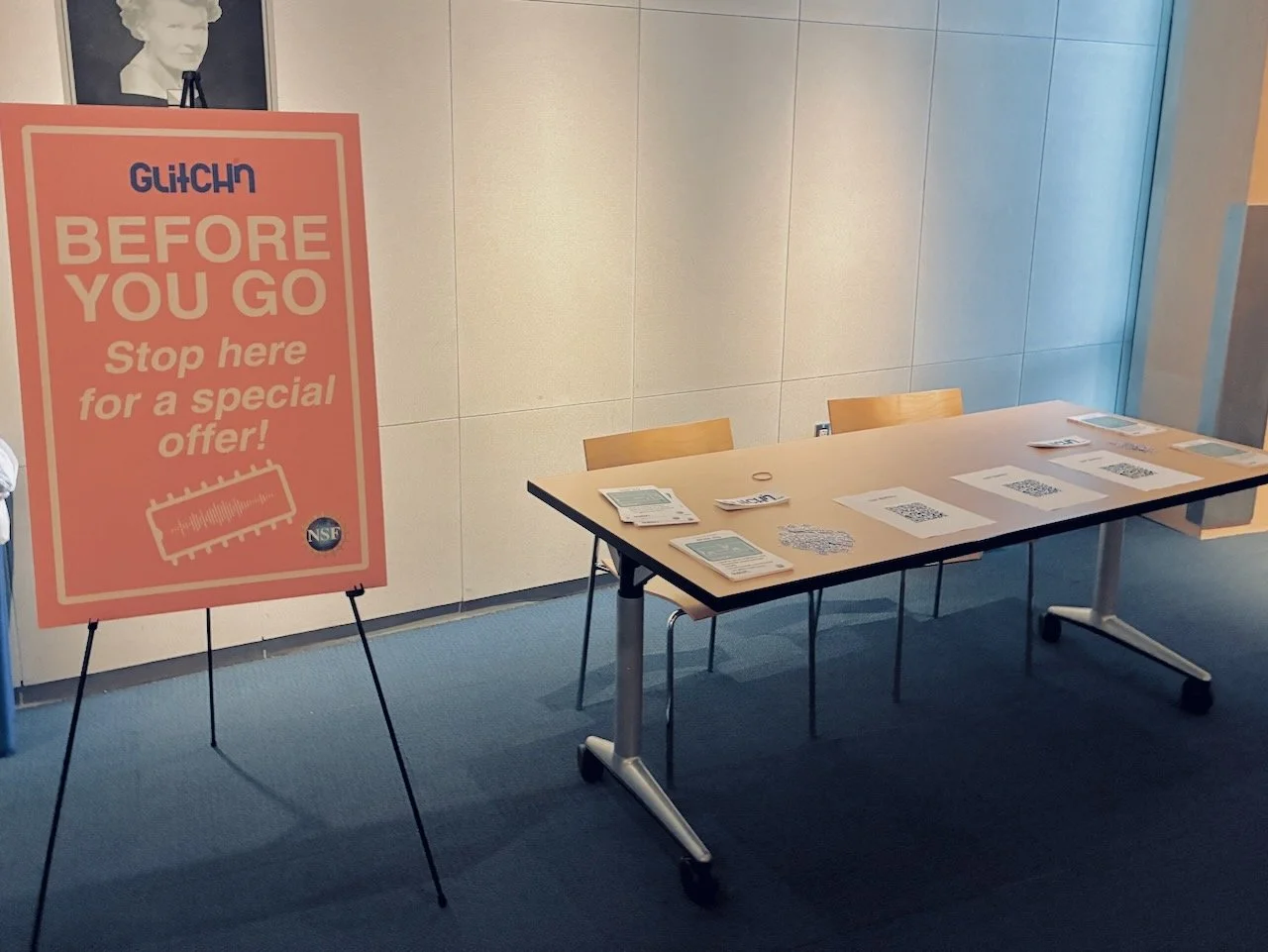






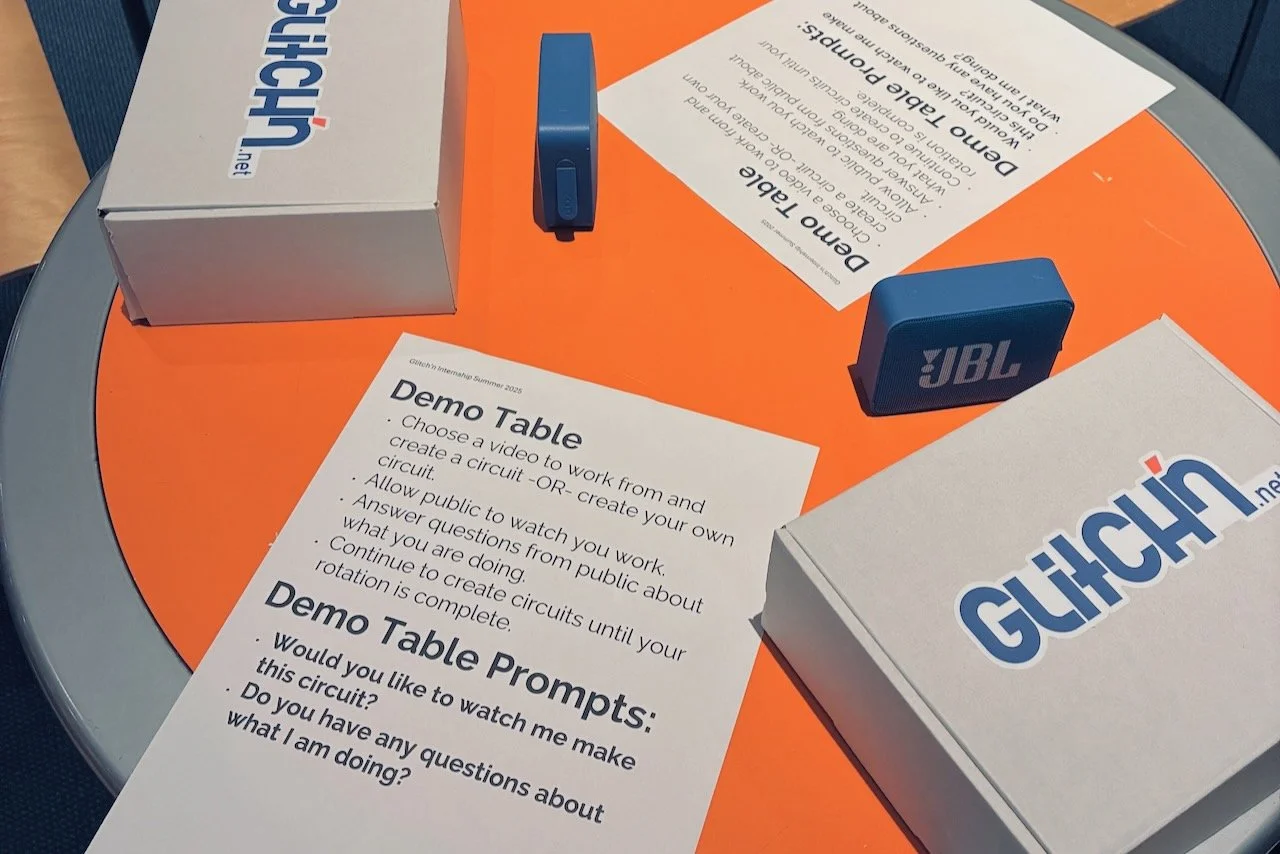

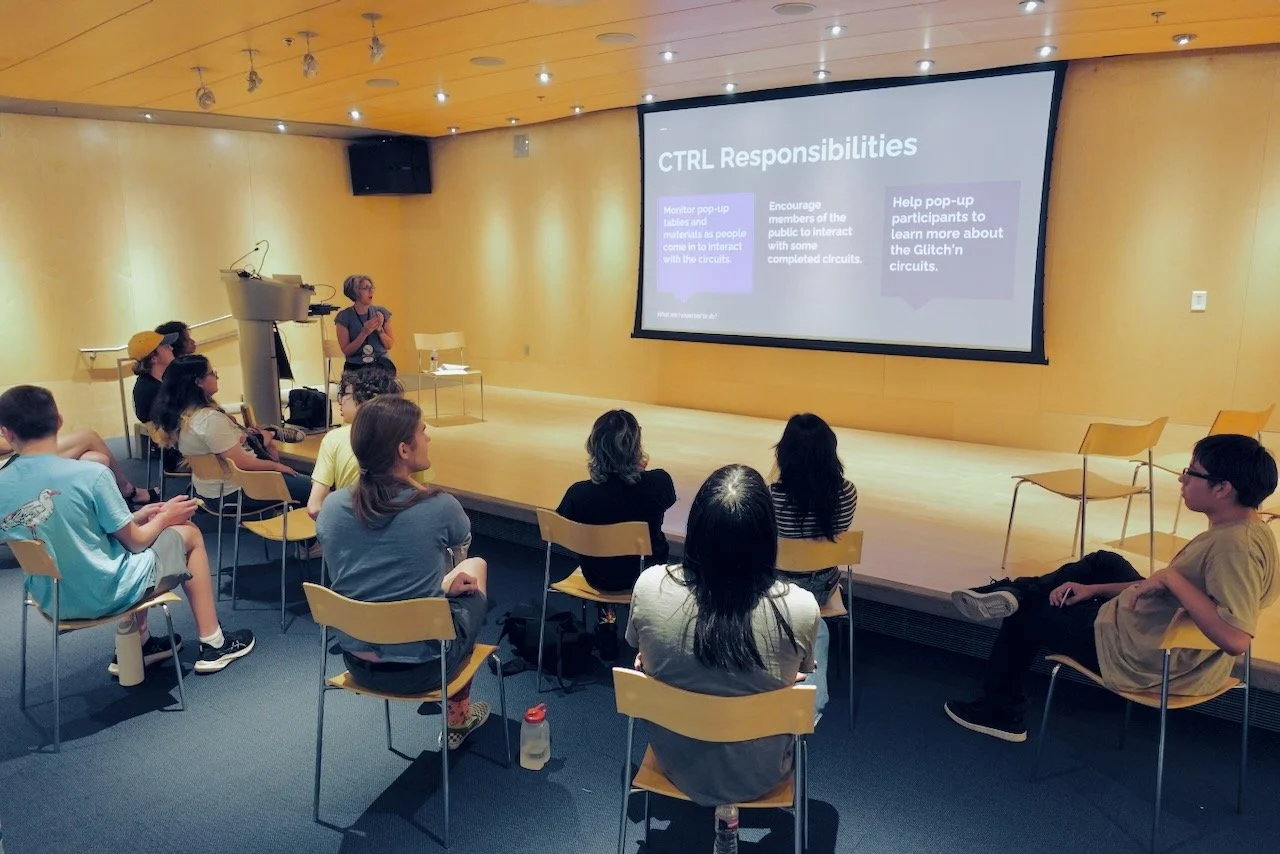
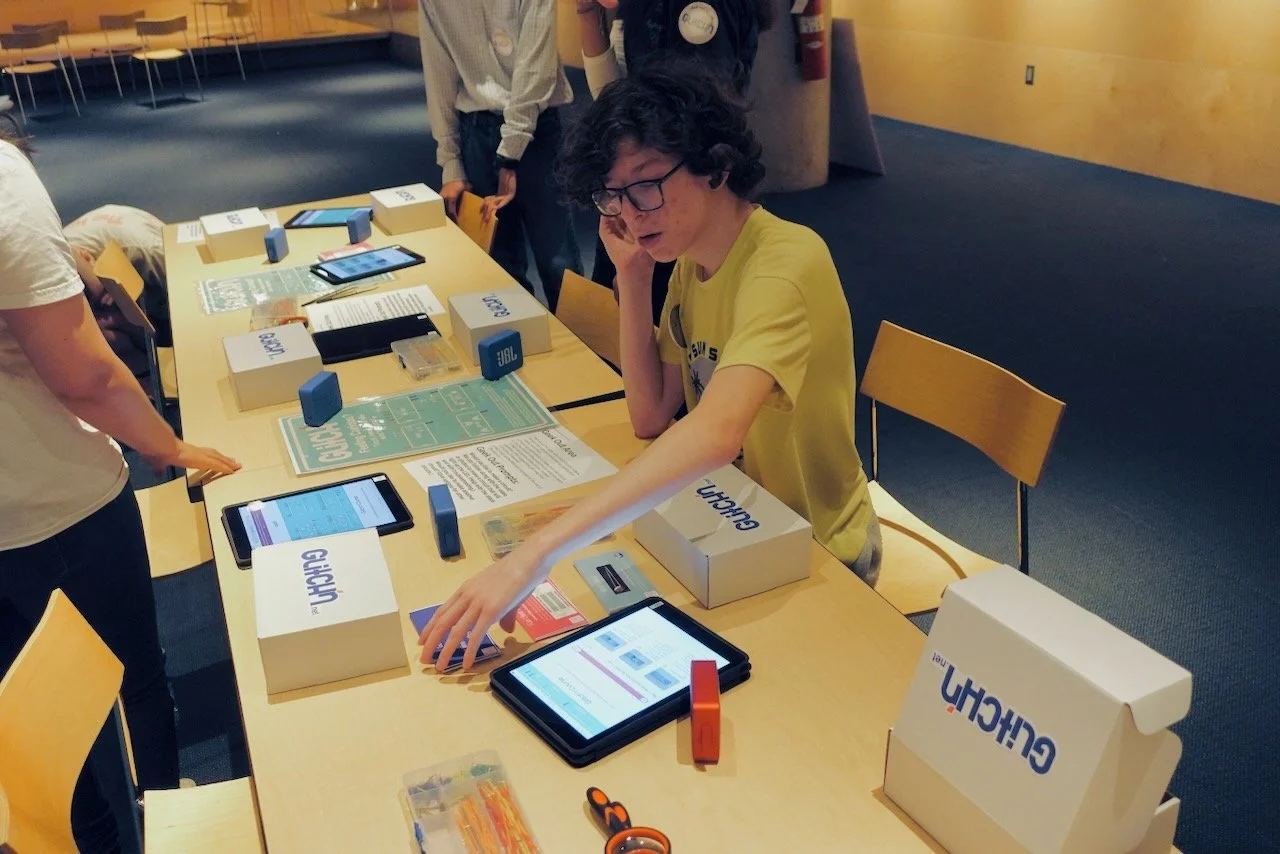
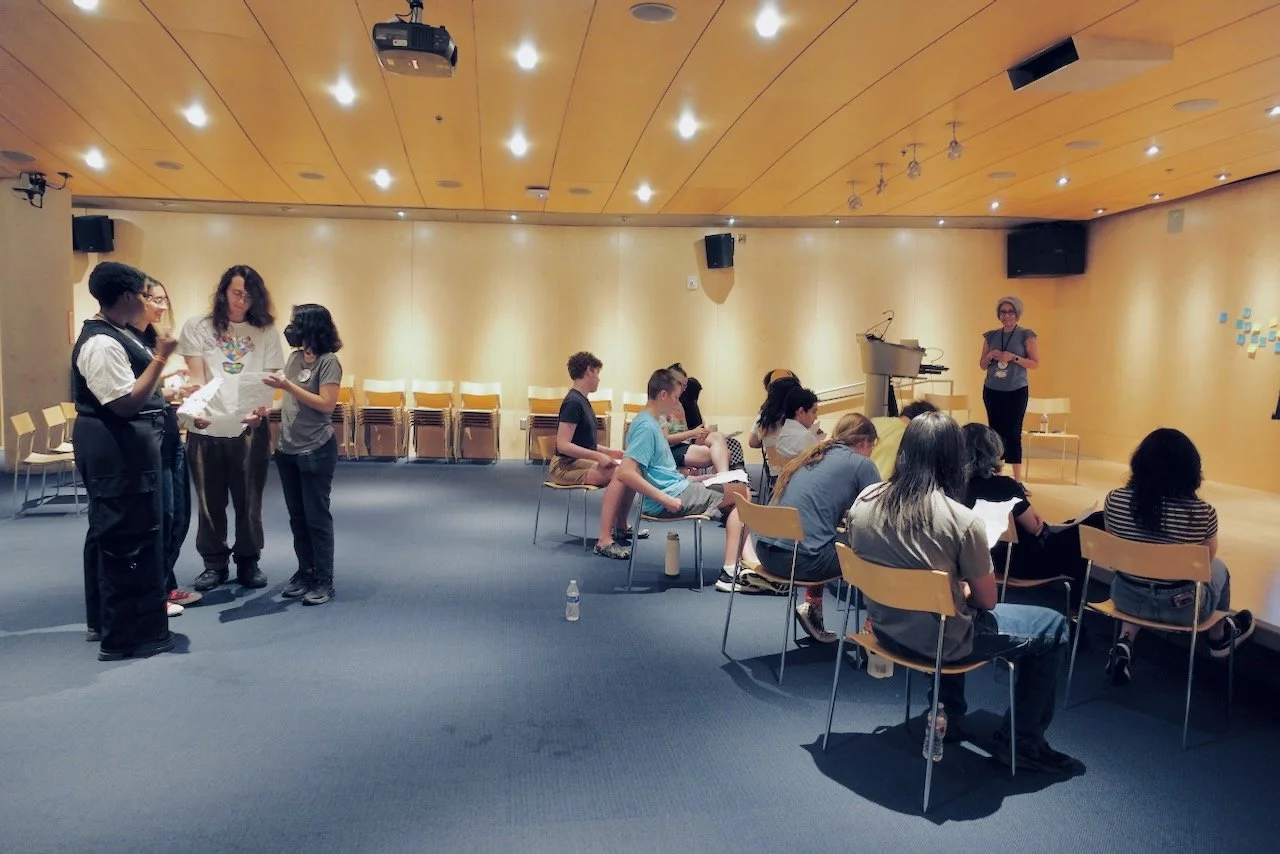
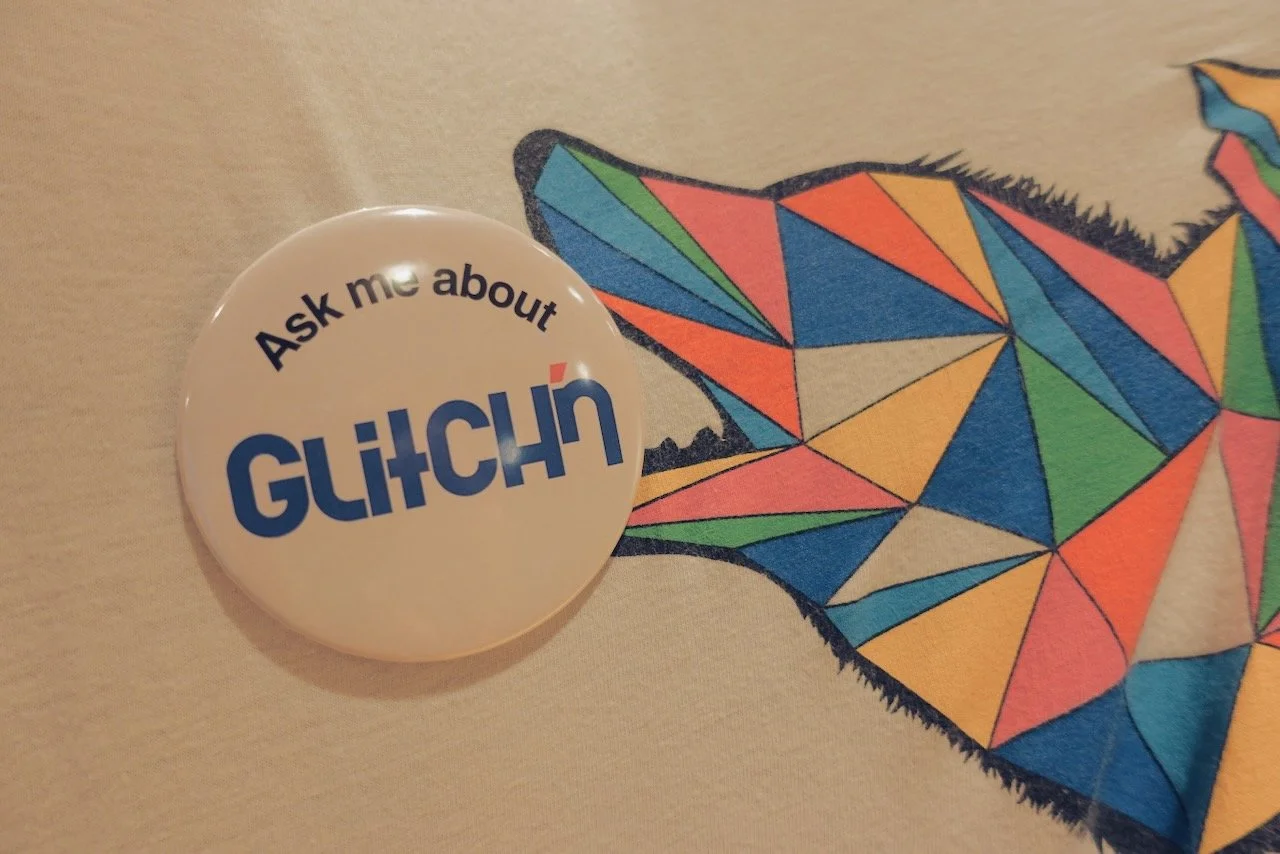
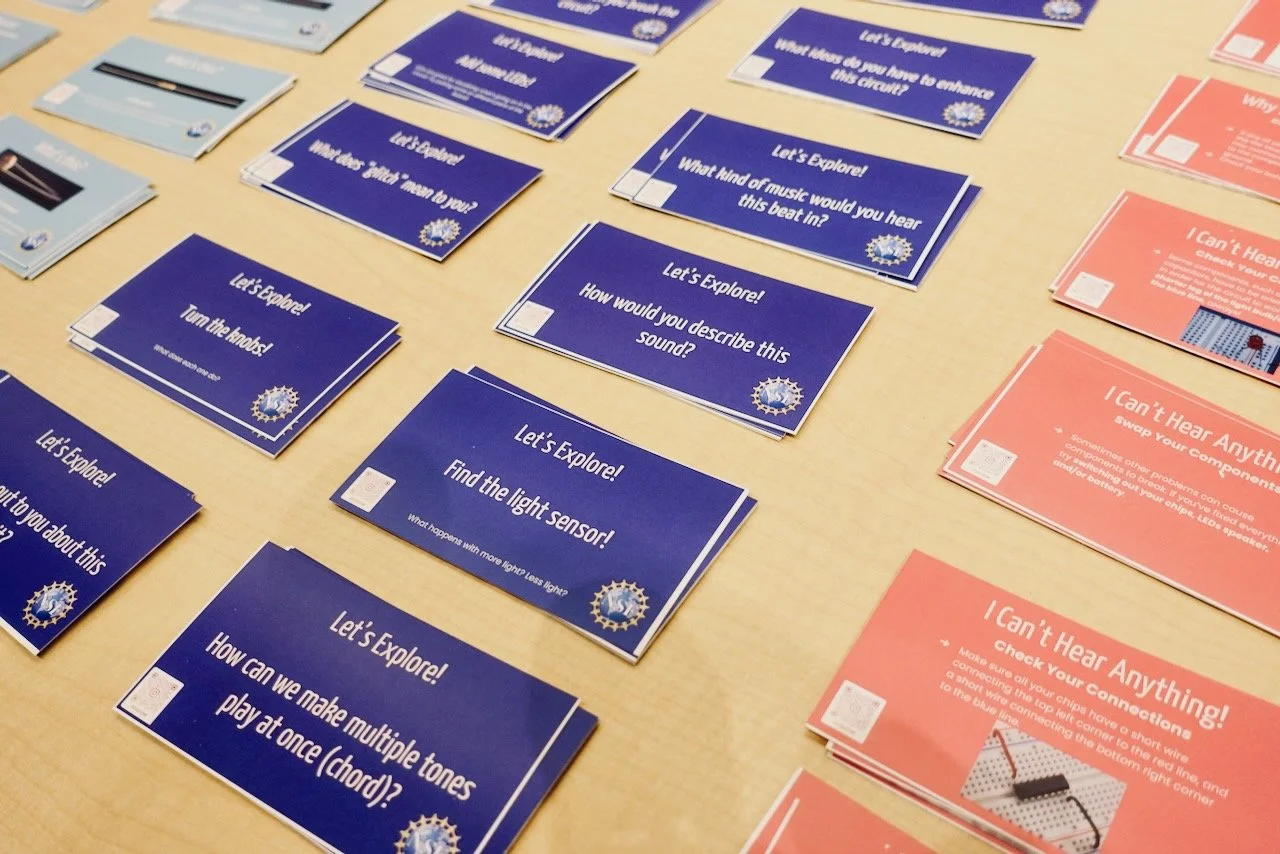
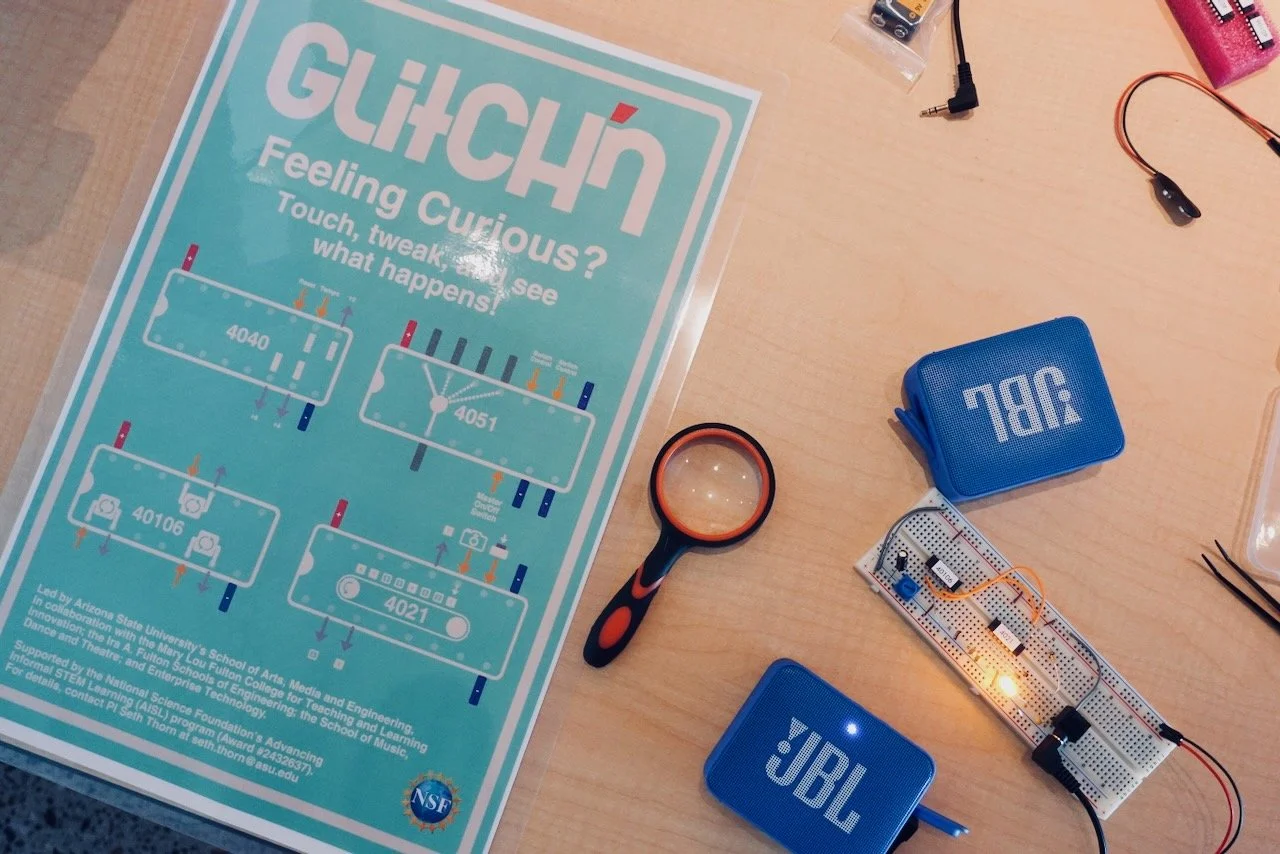
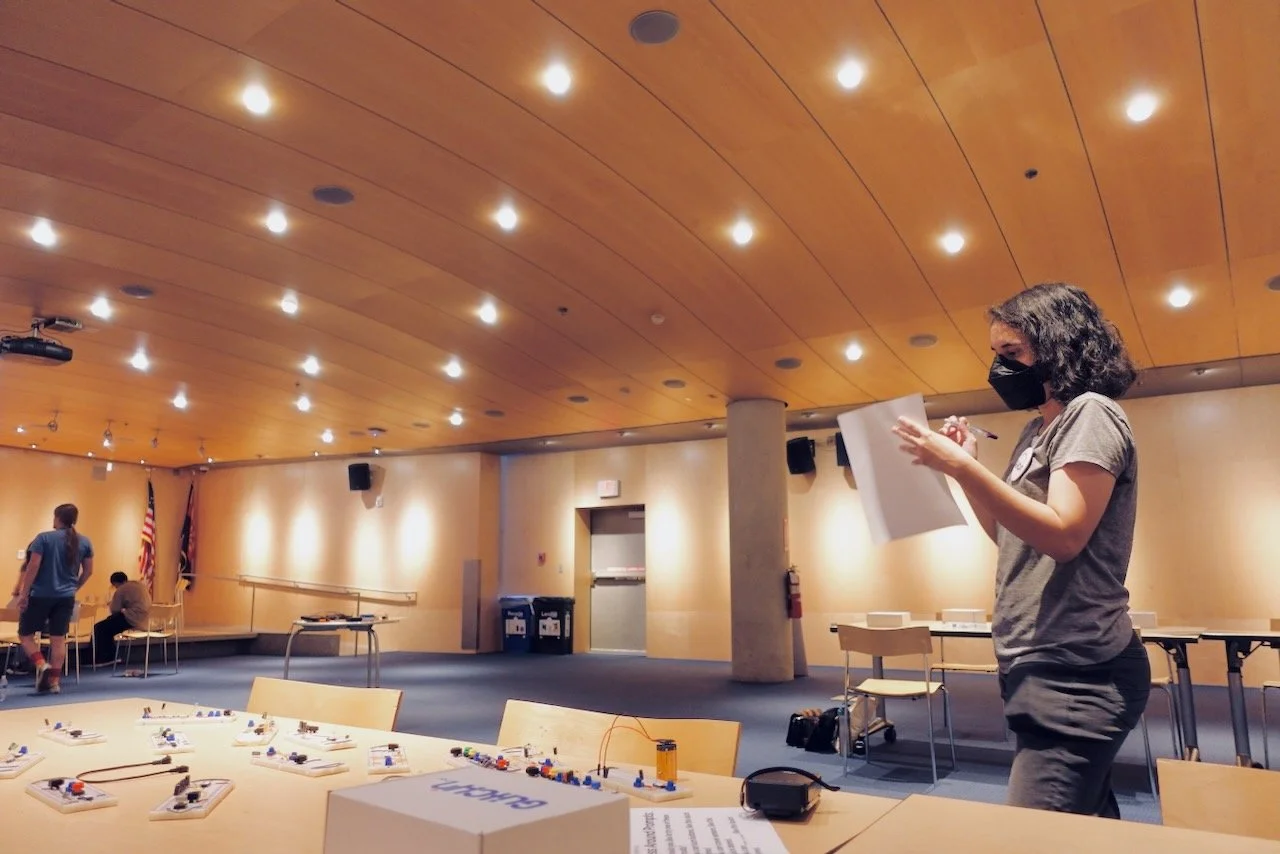

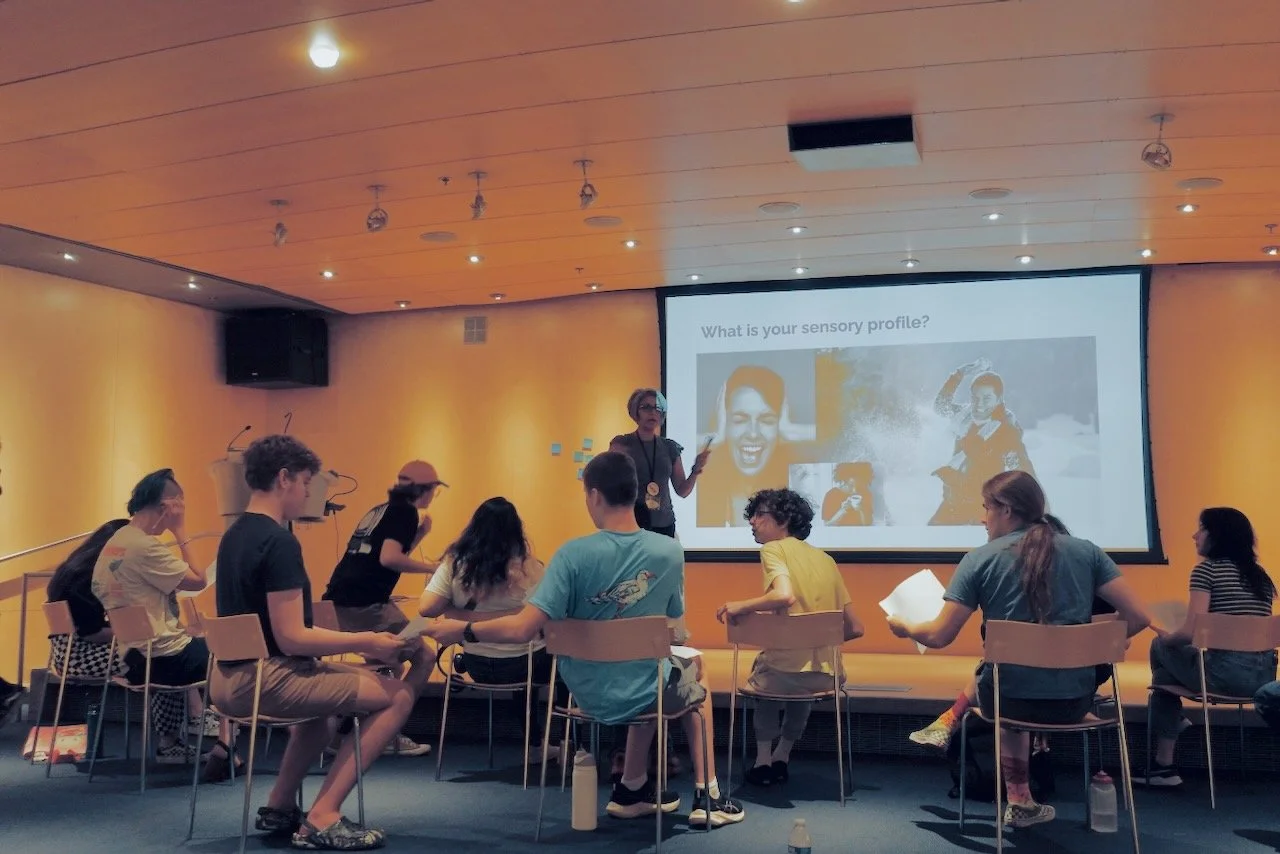

CTRL: Participant and Parent Information
Who are CTRL?
CTRL are teens and young adults ages 14 to 20 that complete the Glitch’n course and want to keep going!
After participating in a summer camp experience to learn the basics of circuit bending, participants selected for CTRL will receive training on how to facilitate open-ended learning experiences for visitors at two pop-up events during the summer. Additionally, CTRL participants will reflect on their learning and collect evidence of pop-up visitor learning.
As community educators, CTRL will each earn an internship stipend for completing the training and all aspects of the pop-up facilitation.
What are skills that CTRL participants can develop?
-
Computational Thinking
Applying pattern recognition and logical thinking to creatively manipulate circuits and understand their behavior.
Basic Circuit Theory
Gaining an intuitive grasp of electrical signals, resistances, capacitance, and voltage behaviors.
Troubleshooting Electronics
Diagnosing, fixing, and modifying circuits.
-
Planning and preparing for educational pop-up events.
Asking guiding questions of pop-up event visitors.
Encouraging learners to explore with the materials, and keeping materials organized and accounted for.
Explaining technical skills to learners that want to go deeper.
Connecting technical terms to what the learners are experiencing (teaching vocabulary, concepts, and skills).
Collecting video data that shows what visitors have learned.
-
Work Ethic
Completing assignments on time, having good attendance and being on time, communicating with supervisors, putting forth best effort on assigned tasks, following directions, asking for clarification when needed.
Collaboration Skills
Communicating with team members, following through on assigned group tasks, being open to others’ ideas, contributing own ideas to the group, resolving disagreements with compromise and consensus building.
Problem-solving Skills
Problem solve technical issues, problem solve social issues, develop problem solving strategies to apply to different situations, determine when to bring in a coach or supervisor to help with problem solving.
CTRL Event Schedule 2025
Soft Launch
Saturday, July 12, 2025 (3 hours)
12:00 PM – 1:15 PM: Training and discussion
1:15 PM – 1:30 PM: Break
1:30 PM – 2:30 PM: Small pop-up event (no data collection)
2:30 PM - 3 PM: Breakdown and debrief
Full Launch
Saturday, July 19, 2025 (4 hours)
12:00 PM – 1:15 PM: Training and discussion
1:15 PM – 1:30 PM: Break
1:30 PM – 3:30 PM: Public pop-up event
3:30 PM – 4:00 PM: Breakdown and debrief
Rerun
July 26, 2025 (3 hours)
1:00 PM – 1:30 PM: Pop-up setup
1:30 PM – 3:30 PM: Public pop-up event
3:30 PM – 4:00 PM: Breakdown and debrief


